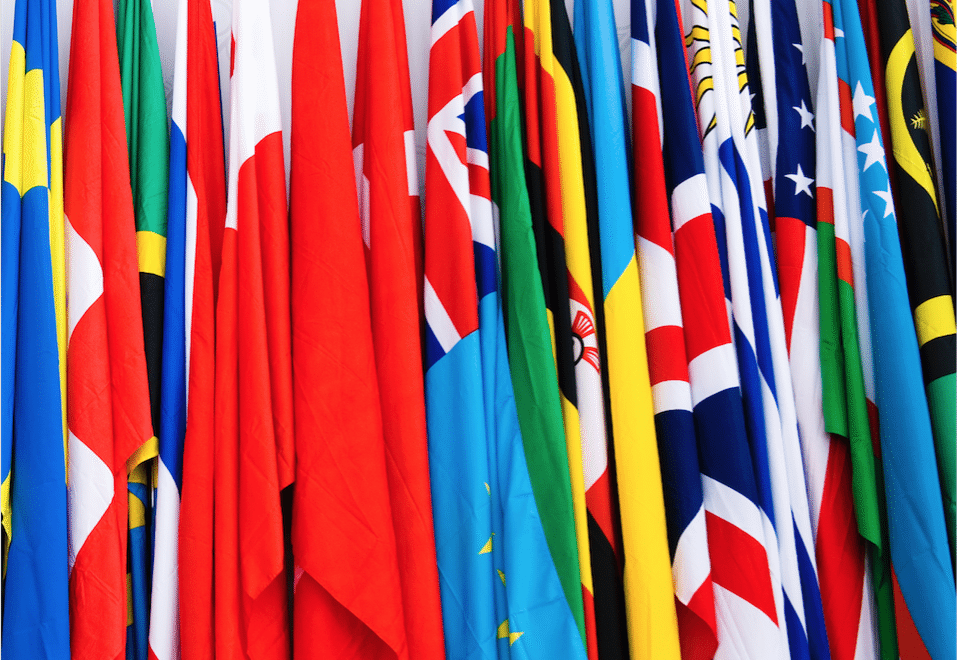
So you’ve decided to work or retire out of the good old USA. How does this affect your Social Security and Medicare benefits? The answer varies by country, and it can work out better for you in some countries versus others.
- About 20 countries have agreements to prevent double taxation. In the rest, you will pay taxes to your host country as well as Uncle Sam.
- About 25 countries maintain bilateral agreements that allow you to transfer Social Security credits to and from the U.S. For example, if you work in the U.S. for 20 years and then move to Canada and work there for another 10 years, when you retire you can transfer your U.S. credits to Canada to vest into their system (or vice versa).
- There are a few countries, such as North Korea and Cuba, where you will not be allowed to receive Social Security benefits while living there.
- Your non-U.S. spouse may or may not be entitled to your benefits if you were to pass. The laws vary by country and are quite complex.
- If you think you will ever move back to the U.S., then it is very important to sign up for Medicare part A, which is free, at age 65. There are ways to opt out of part B if you qualify, but if you do not sign up for part A there are permanent penalties that will persist throughout your retirement.
- If you worked overseas and did not pay into Social Security for certain years, your pension from that country will most likely trigger a Windfall Earnings Provision (WEP) that partially offsets your Social Security benefit.
Determining retirement benefits for expats can be a confusing and complex, with many country-specific rules that change over the years. If you need help navigating Social Security options for expats and their families, reach out to us and let’s get you a plan in place!
